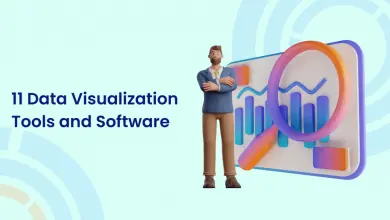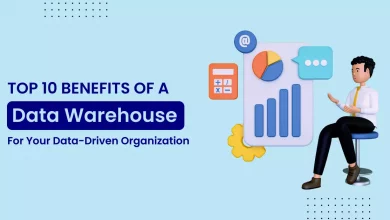15 Best DevOps Tools Every DevOps Engineer Should Know in 2025
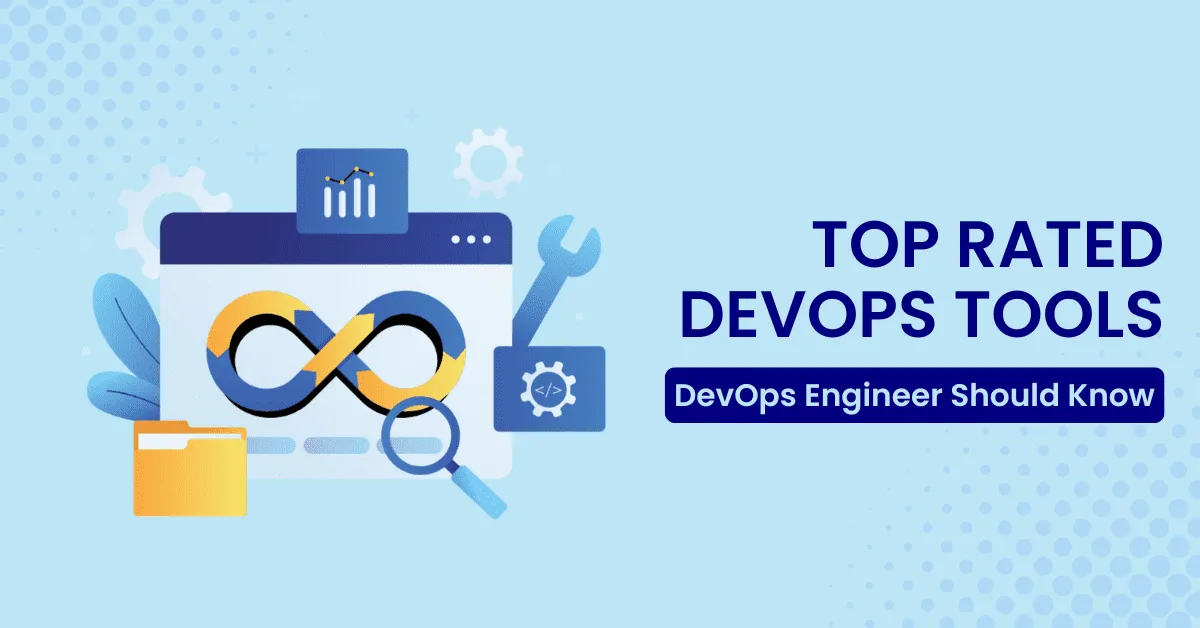
DevOps has been around for a while, but it’s still a pretty new concept to many people. If you’ve heard the term and have no idea what it means, or if you’re trying to understand the importance of DevOps tools, this detailed blog will help DevOps tools list.
What is DevOps?
DevOps is a software engineering culture and practice that aims at unifying software development (Dev) and software operation (Ops). The main characteristic of the DevOps movement is to strongly advocate DevOps automation tools and monitoring at all steps of software construction, from integration, testing, and releasing to deployment and infrastructure management.

What is a DevOps tool?
A DevOps toolchain is a set of tools used for continuous delivery and deployment in a DevOps tools environment. It is designed to help developers, operations engineers, testers, and managers collaborate on code changes more effectively.
1. AWS

AWS has a whole bunch of options for running Kubernetes clusters in the cloud, including EC2 instances with Docker pre-installed or EKS (Elastic Container Service). You’ll also want to check out the AWS Marketplace for other options.
2. Jenkins
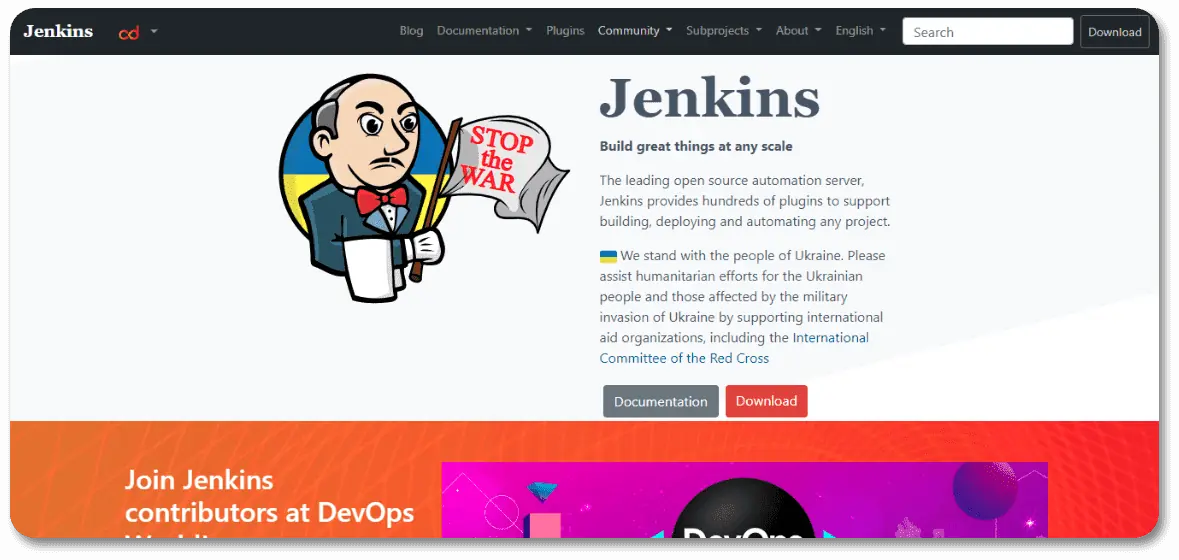
A Jenkins is an open-source automation server that is used for automating the process of building, testing, and deploying applications. Jenkins is written in Java and is a great DevOps tool for automating the process of building, testing, and deploying applications.
Developers can create their job using Jenkins’s extensive plugin ecosystem which offers hundreds of ready-to-use plugins that allow you to automate almost any aspect of your deployment pipeline.
3. Prometheus
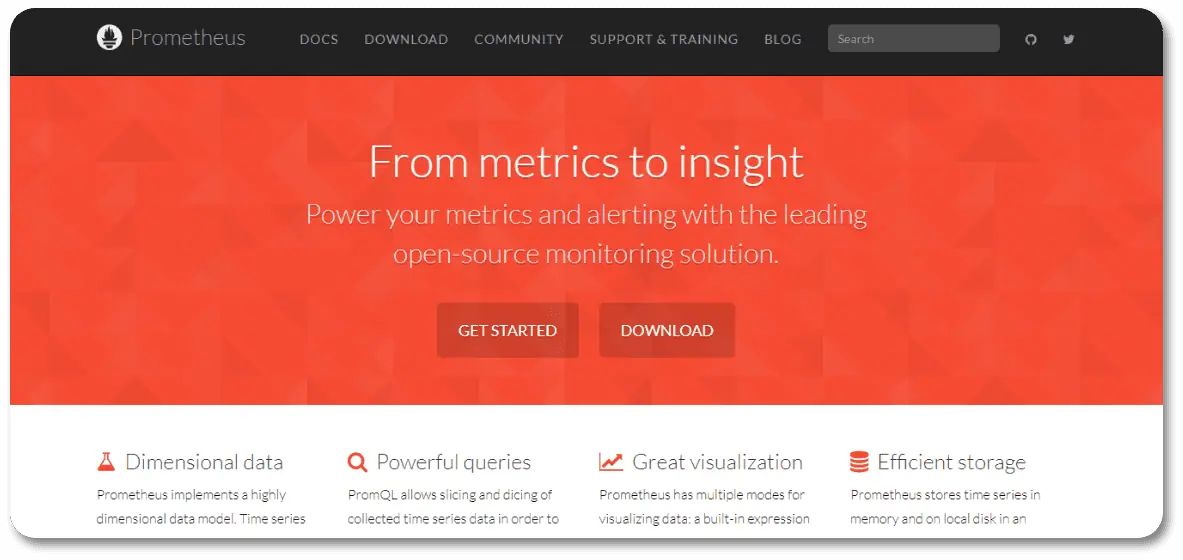
Prometheus is a monitoring system that collects metrics from your applications and stores them in a time series database. With Prometheus, you can monitor the performance of your applications over time.
One of the most unique features of Prometheus is its ability to perform more complex queries over time series data than other monitoring systems allow.
For example, if you want to see how much CPU a particular application uses over a week across all hosts in your cluster, then Prometheus will do exactly that with minimal effort on your part.
This kind of flexibility makes it easy for developers and operations teams alike to get exactly what they need out of their data without having to write custom scripts or pay someone else for it.
4. Datadog
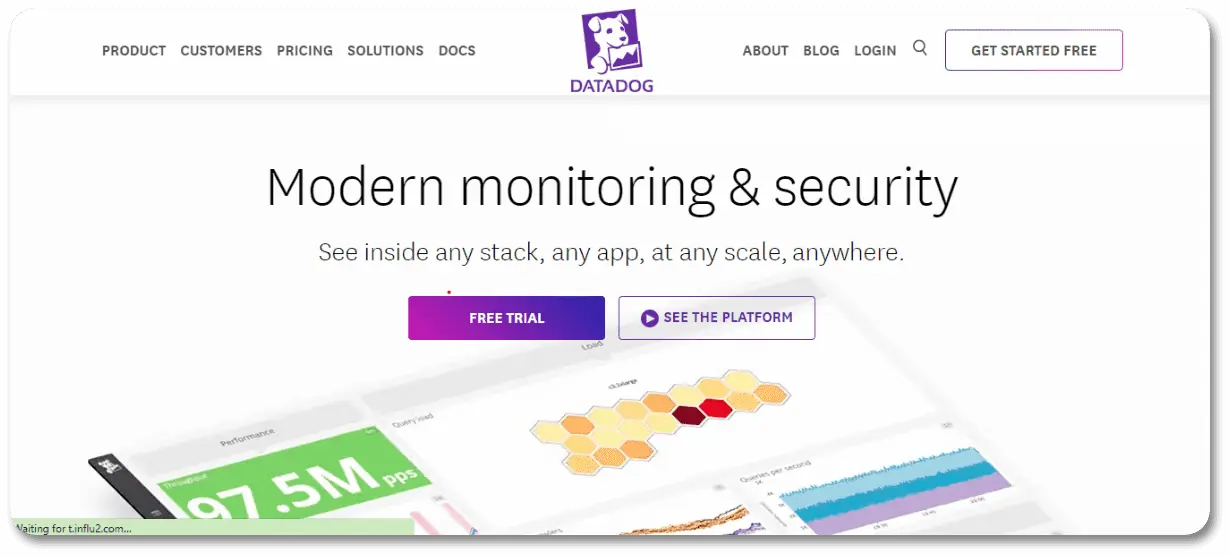
Datadog tool is great DevOps tools for getting detailed information about your servers’ performance stats such as CPU usage, memory usage, and disk space usage among others.
It also allows you to set up alerts so that if any of these stats go over a certain threshold then an alert will be sent out via email or SMS message so that someone can look into fixing the problem right away before any major damage is done!
It also has a feature called APM which allows you to see what code is running on each server so that if something goes wrong then developers can quickly revert by simply clicking on a button which will trigger an automated rollback process.
5. Vagrant
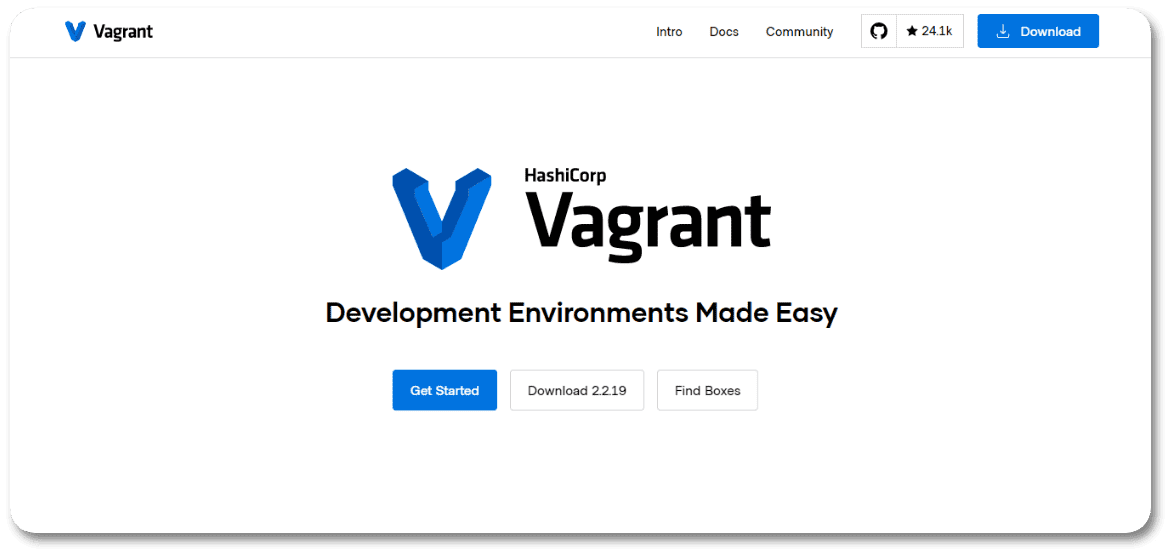
A Vagrant is a tool for building and managing virtual machines. It provides users with the ability to configure and provision VMs, as well as manage them through an interface.
Vagrant can be used to test applications in different environments, such as Linux or Windows. One of the benefits of Vagrant is that it saves users from having to install and configure every software on their machine.
This tool also allows users to spin up multiple virtual machines at once, so you can have your development environment running on one machine while testing the application on another machine.
6. Docker
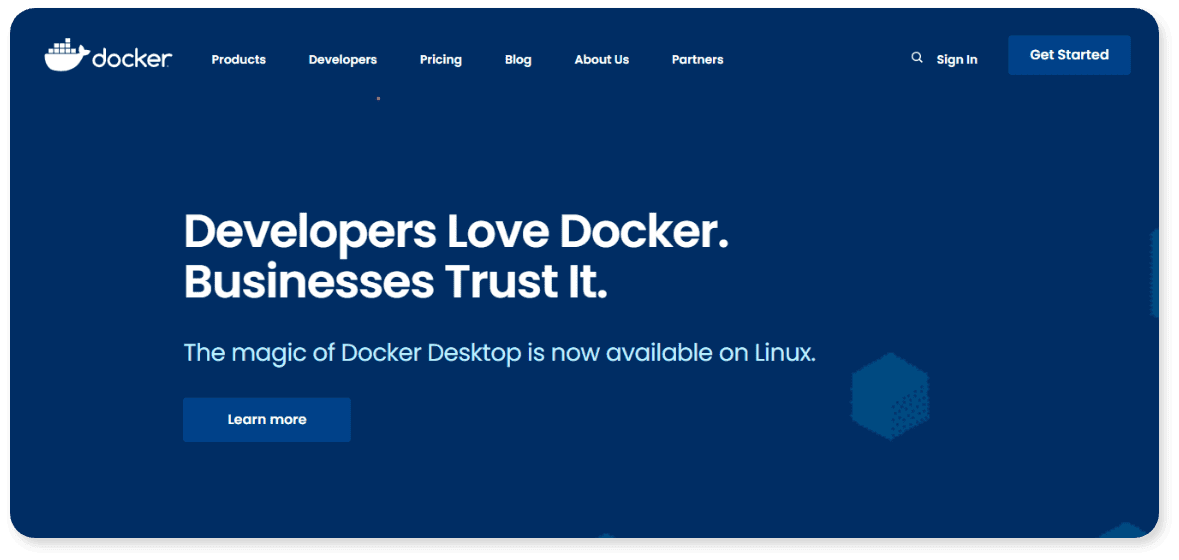
Docker is an open-source containerization platform. It allows you to create and run applications by using containers.
The main benefit of using Docker is portability. When you use Docker, you can package your application with all its dependencies and dependencies into a single image which can be moved across different environments without any changes made to the code or configuration file.
This makes it easier for DevOps engineers because they can manage all the infrastructure requirements once and then deploy multiple times from there on in any environment with no changes required at all in terms of configuration files or security policies etc.
7. Ansible
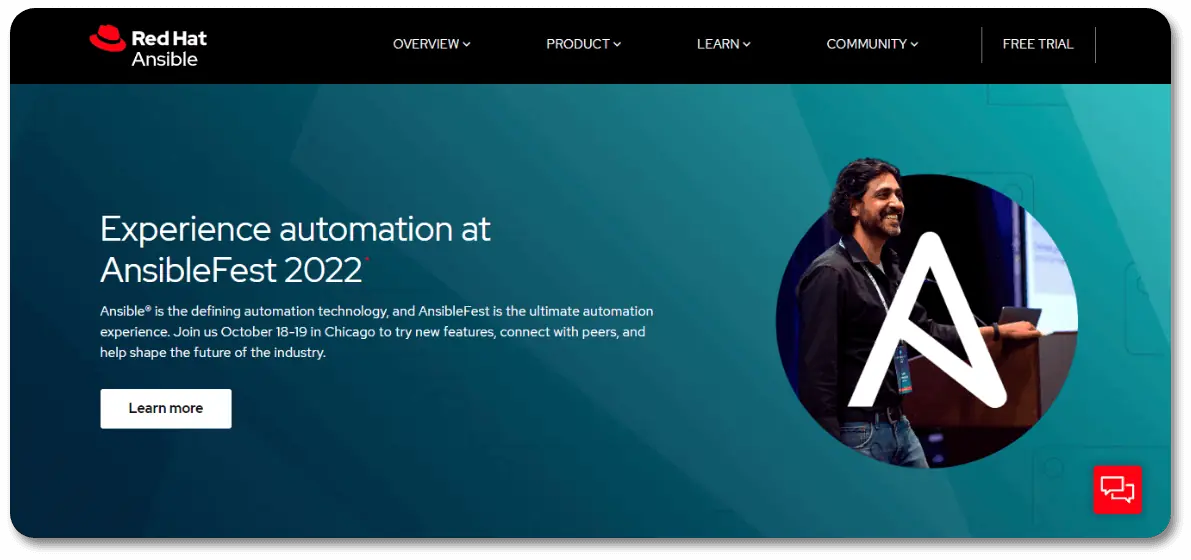
A Ansible is a simple, agentless, and secures IT automation engine that automates cloud provisioning, configuration management, application deployment, intra-service orchestration, and many other IT needs. Ansible is written in Python and provides an easy way to automate tasks on remote systems with SSH connections.
The state of Ansible today makes it possible to manage your entire infrastructure with hundreds of servers or containers via an agentless model. It’s also built into the open-source product DevOps strategy of Red Hat because it was founded by Red Hat employees.
Manage your cloud instance as well as can orchestrate your applications running on multiple instances by using docker containers. The most popular use case for Ansible is configuration management but you can use it for many other purposes such as release management or service discovery too!
8. Git
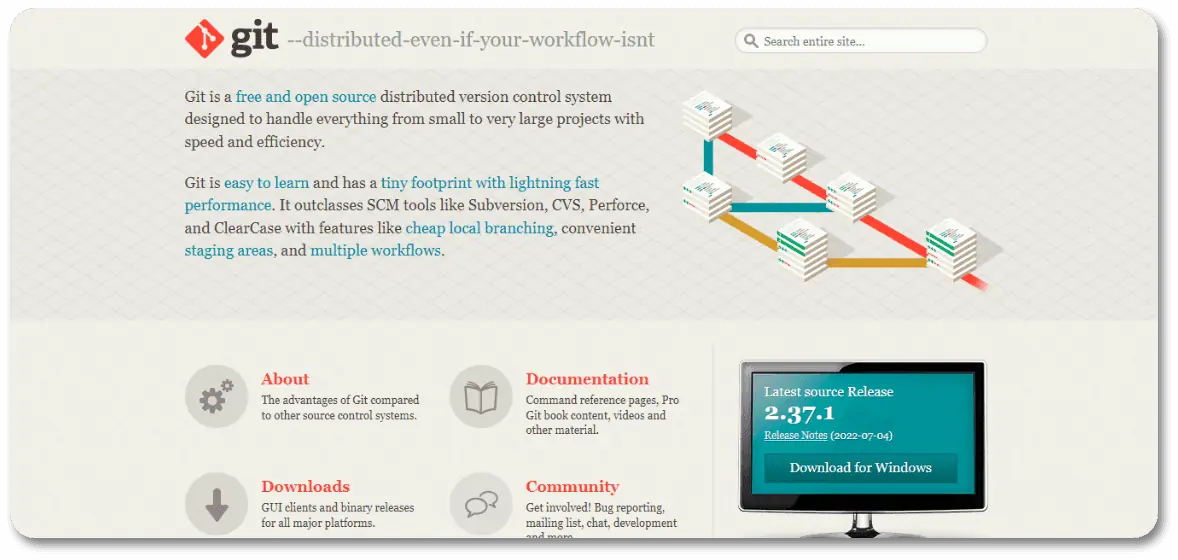
A Git is a version control system for tracking changes in files and coordinating work on those files among multiple people. Git was initially designed and developed by Linus Torvalds for Linux kernel development.
It has since become the most popular distributed version control system (DVCS), used primarily for software development, with an estimated 90% market share of all open source projects.
9. Puppet
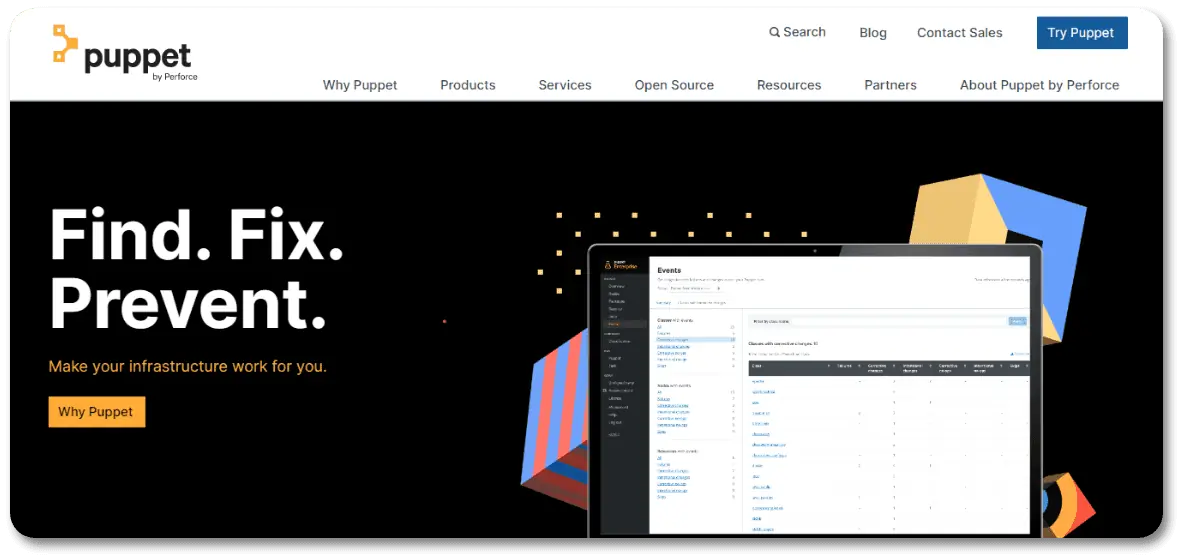
Puppet is an open-source configuration management tool. It is written in Ruby and runs on the Ruby virtual machine.
Puppet lets you manage your network devices, servers, and apps through a centralized user interface. Puppet uses manifest to describe the state of a system, which is then compared against the desired state to identify differences.
The resulting difference report can be used to make changes to the system’s configuration to ensure it conforms with the desired state specified by Puppet manifests.
10. Nagios
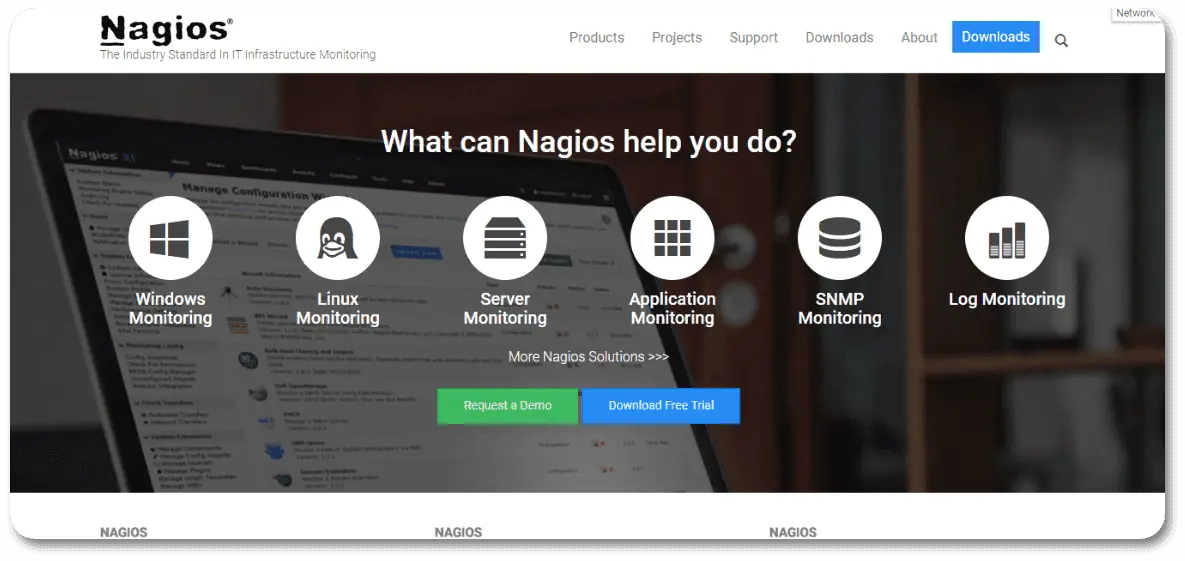
Nagios is an open-source host, service, and network monitoring system. It can monitor network services, system processes, and hardware components.
Nagios is written in C and Perl and can be run on most Linux distributions. The main features of Nagios are,
- It’s easy to use
- It’s powerful
- It’s flexible
11. Kubernetes
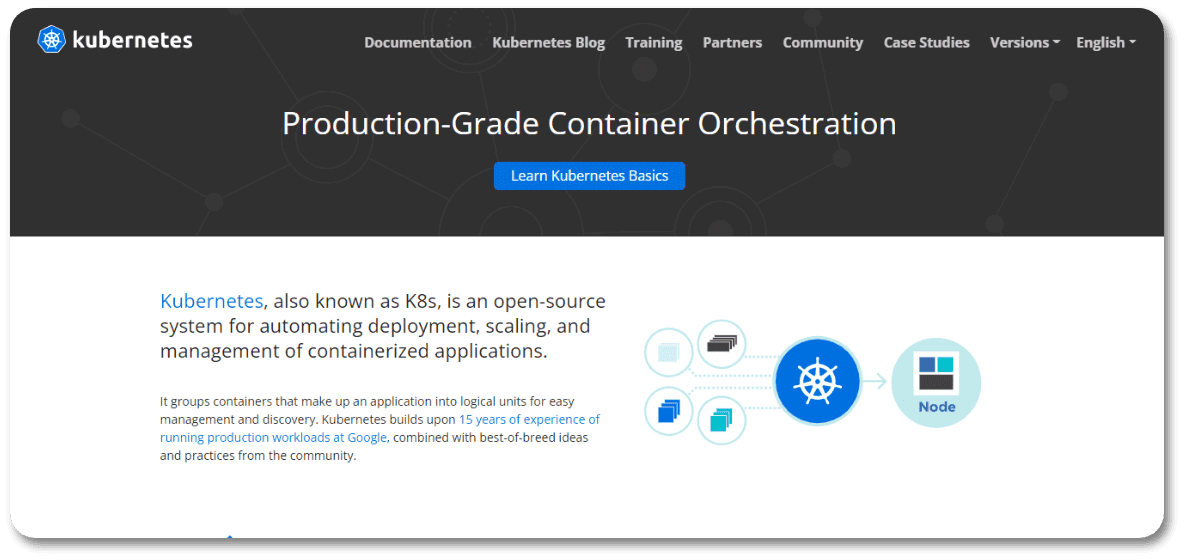
Kubernetes is an open-source container orchestration system that makes it easy to manage containers across multiple hosts. It’s like having a fleet of servers that all work together to run your applications!
We use Kubernetes because we want to make sure our services are always running smoothly and efficiently no matter how much traffic comes through them at any given time (which could be millions of users!).
12. Progress Chef
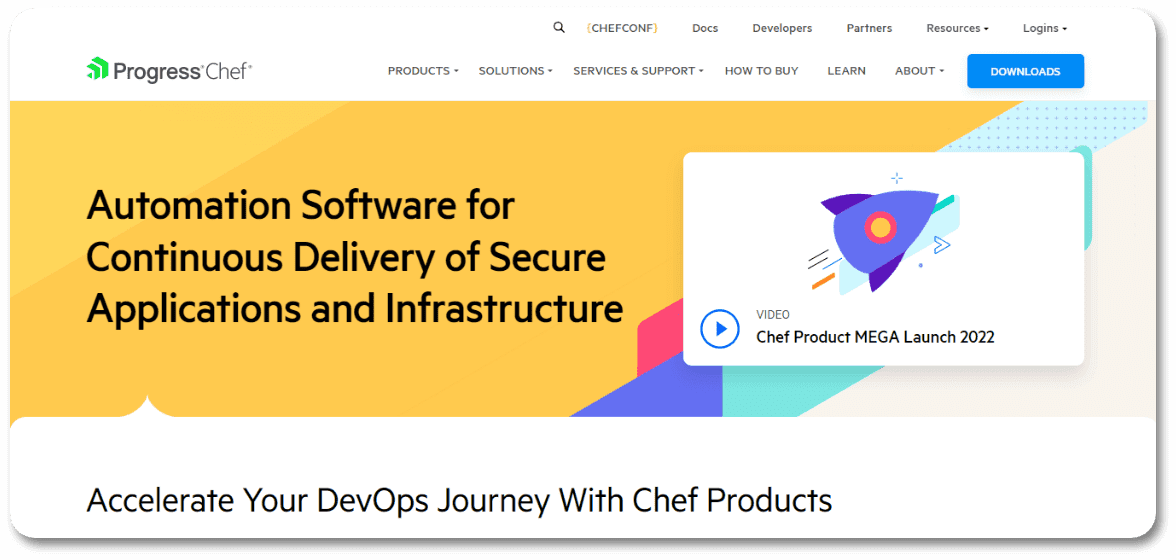
Progress Chef is an open-source automation platform that helps IT organizations better manage infrastructure in their data centers. Chef automates the software and infrastructure lifecycle from development through production.
Progress Chef works with all operating systems, including Windows and Linux, making it flexible for any environment. Chef can be used to configure and manage the software and operating system on a host machine or server during boot up, as well as run commands, packages, scripts, and many other tasks.
13. Terraform
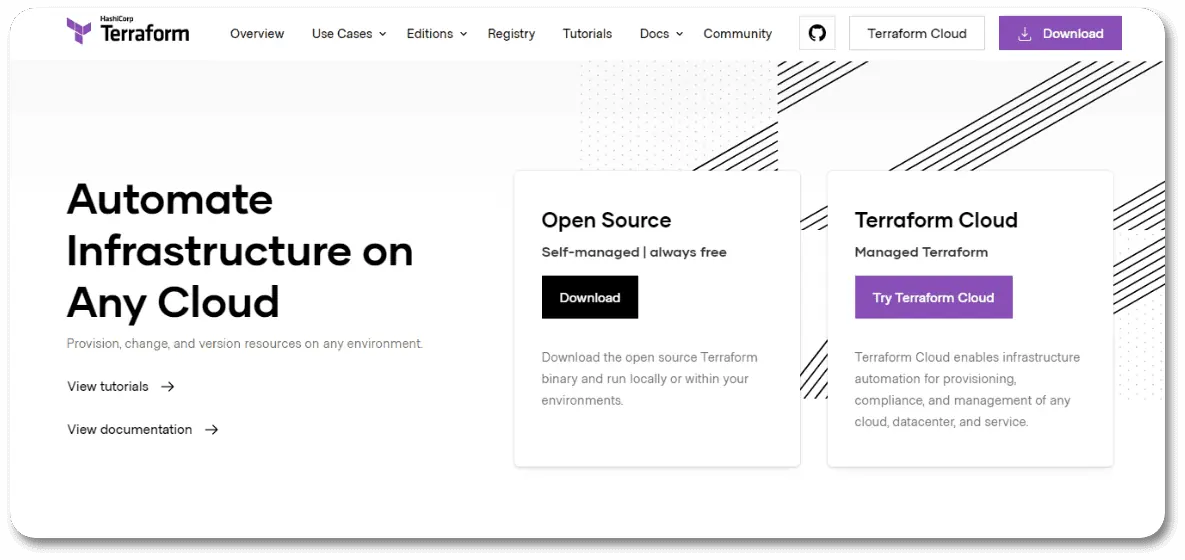
Terraform is a tool for building, changing, and versioning infrastructure safely and efficiently.
It reads your configuration and creates a plan for building your infrastructure.
The plan is executed in parallel and can be changed while it’s running, but not once it’s finished.
14. Kibana
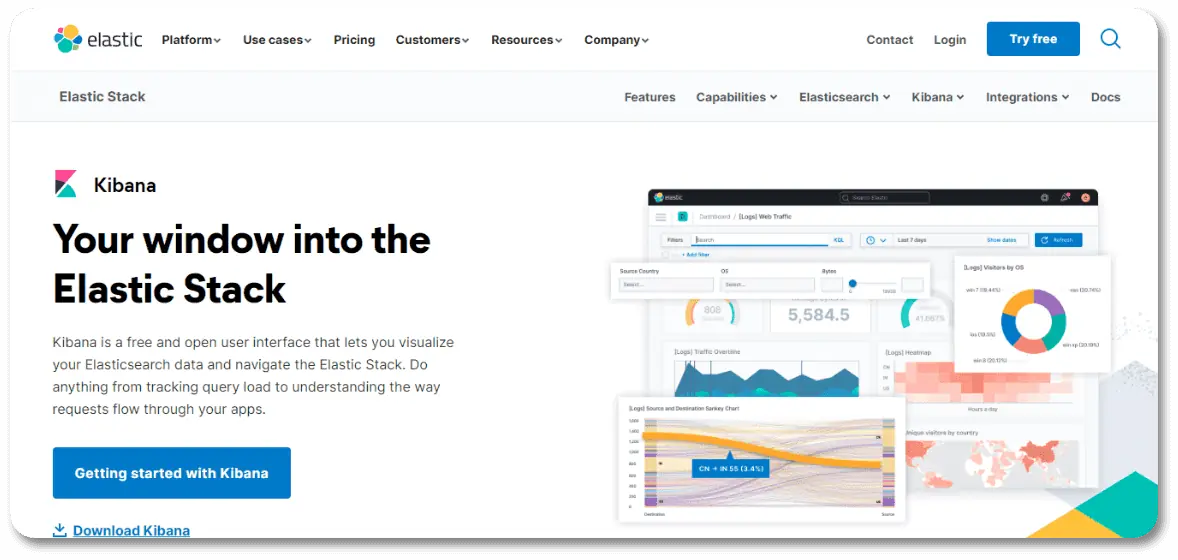
Kibana is an open-source analytics and visualization platform designed to work with Elasticsearch. It helps you visualize data stored in Elasticsearch indices, create custom dashboards, and perform analysis on your data.
Kibana is built on top of Elasticsearch, a popular open source full-text search and analytics engine. It allows users to visualize their log data with charts, tables, maps, and timelines.
You can use Kibana to explore your logs using any combination of the fields you have indexed or even create your custom fields if you need them.
15. Splunk
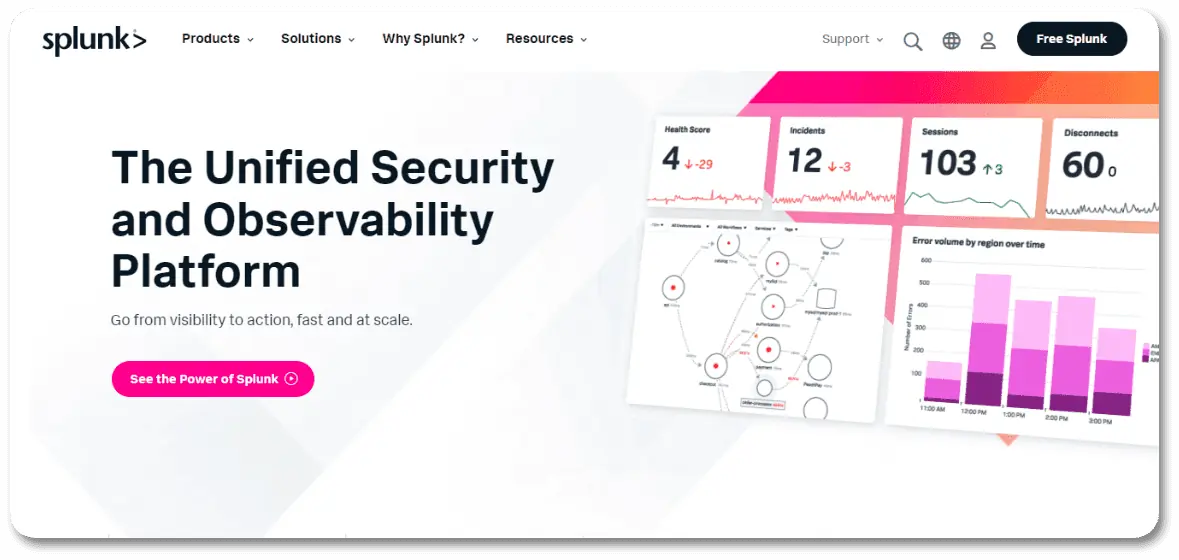
Splunk is a software platform that indexes, monitors, and analyzes machine-generated data from a variety of sources, including websites, servers, applications, networks, sensors, and mobile devices.
With Splunk, you can collect real-time data from your end users to gain insight into how they use your apps or website. It also provides you with the opportunity to analyze that information to make improvements in customer experience based on data-driven decisions.
Splunk is an open-source tool with many features for anyone who wants to monitor their infrastructure by collecting log files directly from their servers or even through third-party DevOps tools like New Relic. You can easily integrate Splunk with your existing DevOps tools such as Jira or Zendesk so you can keep track of bugs filed by customers easily in one place!
How to Choose a Top DevOps Tools?
DevOps tools are essential for a successful DevOps implementation. You need to choose the right ones that match your needs and goals. Here are some tips to help you choose the right tools in DevOps.
- The first thing that you should consider is whether you want an open source or a commercial tool. Open source software can be free, but it usually doesn’t have all the features that a commercial tool does. Commercial DevOps tools may cost more than open source ones, but they usually offer better support and more features.
- You need to decide what level of automation you want from your tool. If your workflow is straightforward, then manual processes will work fine for you. But if many steps in your process require human intervention, then automated tools may be more appropriate for your needs.
- You should also think about whether you’re going to use one tool across all aspects of your DevOps program or if there will be different DevOps tools for different types of workflows (such as testing). A good DevOps tools should be able to handle both scenarios successfully!
Ending thoughts
We hope this blog post has been helpful in your search for the best DevOps tools! Whether you’re looking for a new tool to help you with a specific task, or you want to find out more about how your current tools can help you move forward.
FAQs on DevOps Tools & DevOps Engineers
We’ve compiled a list of the top-rated DevOps tools, based on their popularity among developers and other people who use them. If you’re looking for the best tools around, this is where you’ll find them.
There are many ways to find out which DevOps tools in your area are most popular: you can look at reviews on websites like LinkedIn and Glassdoor, or ask friends and colleagues who work in similar industries. But if you’re looking for something more objective, we recommend using our list! Take advice or learn from our experts by emailing us at contact@itoneclick.com.
Some common DevOps tools include Puppet (configuration management), Chef (configuration management), Ansible (configuration management), Jenkins (continuous integration server), GitLab (source code repository), JIRA (issue tracking tool), New Relic (performance monitoring tool), Docker/Kubernetes (containerization platform).
DevOps Engineer is responsible for building and maintaining the digital infrastructure that powers a company’s products and services. They work closely with other engineers and product managers to make sure that the code is working properly and efficiently, as well as making sure that it’s easy for end-users to interact with.
DevOps tools are used in software development, but they aren’t software development tools.
DevOps tools help with the transition from development to production, while software development tools help with creating and editing code in general.
DevOps engineers must have knowledge of various programming languages such as Java, JavaScript, Python, C#, and Ruby. They should also have experience with SQL databases like MySQL or Oracle. Additionally, they should be familiar with other technologies used by developers such as Linux/Unix operating systems or Apache web servers.
The most common problem is when something breaks down in the middle of the night or on a weekend, but this can be fixed by staying up late or working on the weekend. It’s also important to keep track of all of your progress, so you don’t lose any time or information if something goes wrong with your system.




